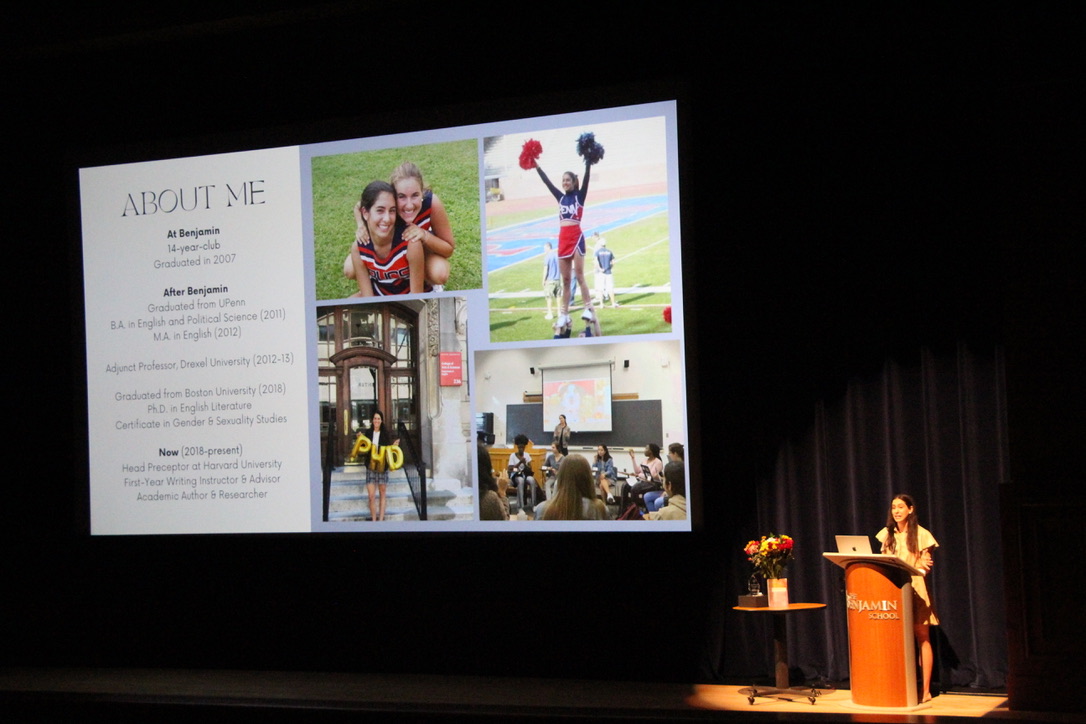In a significant move on Jan. 24, 2024, Florida lawmakers endorsed what might be one of the strongest regulations on social media for children nationwide.
The bipartisan bill, Florida House Bill 1, aims to restrict children under the age of 16 from using most social media platforms, regardless of whether or not parental consent is given.
State Rep. Fiona McFarland, a Republican proponent of the bill described social media as “digital fentanyl” for kids. Social media can be addictive, as a new study by Harvard University finds, “social networking sites light up the same part of the brain that also ignites when taking an addictive substance.”
Kevin Chambliss, a Democrat, also supported the bill and believes that “people use these platforms to prey on our children.” To support this claim, the Child Crime and Safety Center reported that “there are often adult online predators who look to interact with children .”
The House voted 106-13 to approve the bill, which has become a priority of House Speaker Paul Renner, a Republican. The issue will go to the Senate, amid arguments from parts of the tech industry that the bill would be unconstitutional.
Thirteen Democrats voted against the bill, while 23 Democrats joined Republicans in supporting it.
Renner addressed supporters after the vote, explaining that “this is about protecting children from addictive technology and what we know harms them, and what the social media platforms have known for years but failed to to act. By your vote today, we have acted.”
However, opponents questioned the bill’s constitutionality and said it would take away the rights of parents to determine whether their children use social media. For instance, Rep. Daryl Campbell, Democrat, called the bill a “complete governmental overreach.”
Proponents disagree with this claim because they believe the parental rights cited by these lawmakers are null and void.
“Parents should have the ultimate decision-making ability for their child,” Rep. Ashley Gantt, Democrat, said. “I 100 percent agree with the bill sponsors’ position of making sure that we protect children, but it should not come at the cost of parents being able to make the ultimate decision in how they raise their child.”
Despite the bipartisan nature of the bill, opponents of HB1 have serious concerns regarding the bill’s legible implication as well as its feasibility. As Lila Brodner, a sophomore, explains, “even if the bill was to go into effect kids would still be able to operate under ‘guest’ mode. They just wouldn’t be able to post.”
The bill would also make social media platforms terminate existing accounts that are “reasonably known” by the platforms held by individuals under 16. The definition of “reasonably known” is unclear as of now.
Opponents of the bill are also in agreement with NetChoice, a tech industry group that wants this issue to be raised in court. NetChoice posted testimony on its website that said the bill has “constitutional flaws.” They believe this bill will not work and has no precedent because federal courts have blocked similar social-media restrictions in other states.
“If passed, HB-1 would violate minors’ First Amendment rights by imposing a blanket restriction on access to constitutionally protected speech for anyone who is either under the age of 16 or refuses to comply with the law’s age-verification requirements,” the industry group said. “The fact that HB-1 covers the internet rather than books, television programs, or video games, does not change the First Amendment issue.”
Renner, house speaker and attorney, told reporters that the bill doesn’t violate the First Amendment. He said the bill is directed toward “addictive technology,” not content.
Proponents of this bill believe that the bill will protect children under the age of sixteen from misinformation, sexual predators, and primarily addiction. Opponents remain staunch in their viewpoint that this bill has constitutional concerns and violates parents’ rights. Regardless, the bill will still be sent to the senate and if passed, will be sent to Governor Ron Desantis for the final decision.









